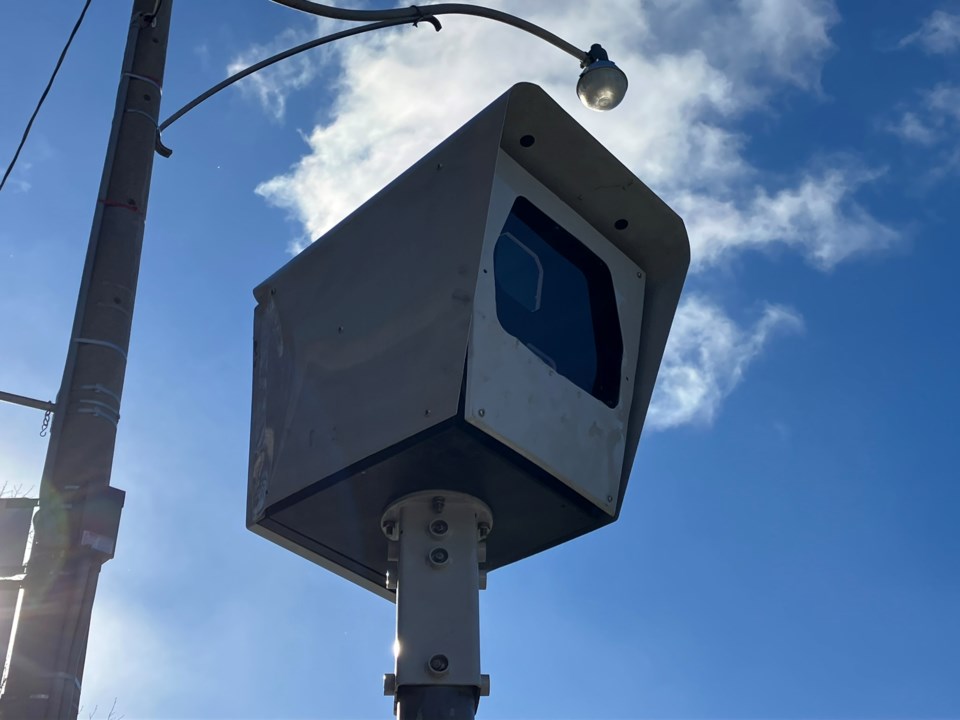The company behind Toronto’s speed camera network has enlisted a team of seasoned political insiders to lobby the Ford government as the province moves ahead with legislation to end the program.
Since early October, five lobbyists from StrategyCorp have either registered or updated their lobbying status with Ontario’s integrity watchdog to represent Verra Mobility, the U.S.-based firm that supplies Toronto’s speed cameras. The group includes former senior officials from the Doug Ford, Mike Harris, Dalton McGuinty, and Kathleen Wynne governments, as well as a veteran civil servant with transportation experience at Metrolinx and Durham Region.
Their stated goal is to secure meetings with provincial officials to “discuss policies and/or programs to support road safety and congestion relief, including automated speed enforcement and red light cameras.”
Premier Doug Ford has repeatedly called municipal speed camera programs a “cash grab”, and in a recent letter to municipal leaders, he indicated his government intends to stand firm on banning them. Although Ford’s government has a record of walking back controversial policies, he promised to introduce legislation this month to end municipalities’ use of automated speed cameras.
Toronto has operated speed cameras since 2019 under a contract with RedFlex Traffic Systems, later acquired by Verra Mobility in 2021. In 2024, the city added 75 more cameras, bringing the total to 150 and the contract’s value to $36 million. Verra is paid a flat rate per camera and has no financial stake in the number of tickets issued, city staff confirmed during Wednesday’s council meeting.
The looming ban raises legal and financial questions. Coun. Jamaal Myers asked staff if the city could face penalties for breaking the contract. Staff said it’s too early to know, as it depends on the details of the upcoming legislation. In his letter, Ford told municipalities to work with operators to avoid financial losses or use ticket revenue to cover them, but said the bill would indemnify municipalities to “de-risk the termination of contracts.”
Verra’s intensified lobbying push comes as Toronto City Council scrambles to save the program, passing a series of last-ditch motions to address Ford’s criticisms. Council approved measures to wrap cameras in high-visibility decorative vinyl, install larger warning signs, and grant first-time offenders a one-week reprieve before a second ticket is issued.
Two of the five lobbyists representing Verra have been on file since mid-2024, indicating the company has been in quiet talks with the province well before Ford’s announcement. Whether this heightened lobbying effort can sway the provincial government remains to be seen — but the battle over speed cameras is rapidly shifting from Toronto’s streets to Queen’s Park’s corridors of power.

